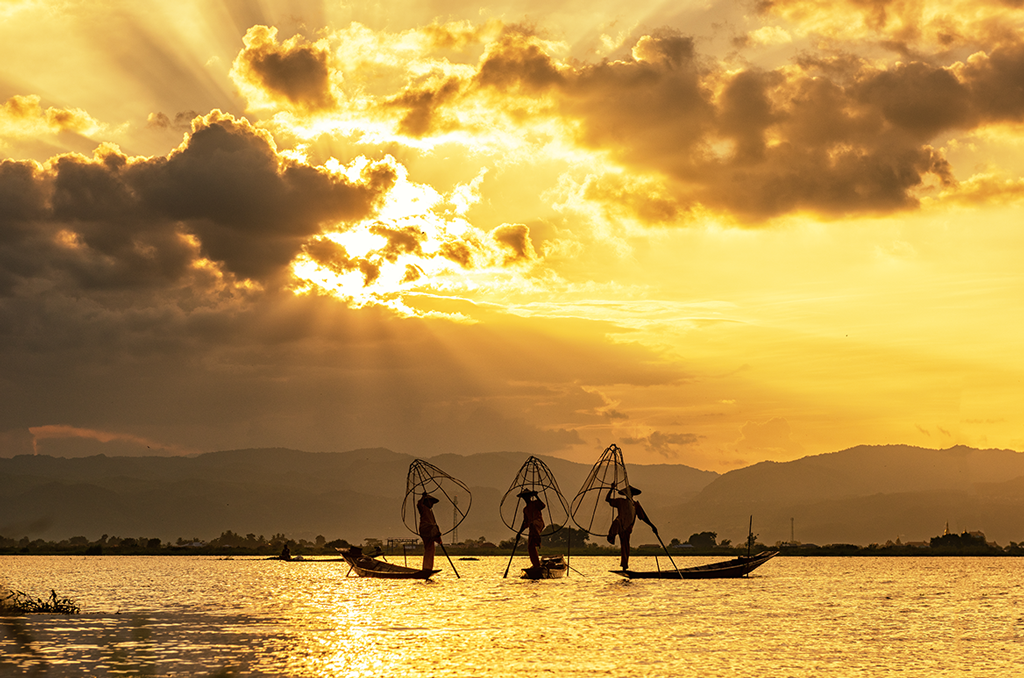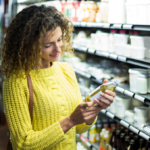
Embracing a Seafood Rich Diet : A Commitment to Personal and Social Health
- foodfightadmin
- October 5, 2023
- Agriculture, Climate Change, Global Hunger
- rsc pages, rscl
- 0 Comments
Have you paid much attention to the significance of ‘blue foods‘?
It comprises fish, seafood, and various aquatic plants. Blue foods are incredibly beneficial to human health and significantly contribute to the global economy. Over 800 million people rely on the production of these nutrient dense foods — laden with omega 3 fatty acids, iron, calcium, and vitamins A and selenium — for their livelihoods.
As noted by the U.N. Food and Agriculture Organization, about 3 billion people depend on blue foods for their daily protein and vital nutrient intake. Despite these figures, nearly the entirety of blue food production, 90% to be precise, is under serious threat from escalating climate change. Alarmingly, this vital food sector is often overlooked in our dialogue about our food system overhaul.
It’s time that blue foods take center stage in our discussions about transforming global food systems. Chef and advocate Andrew Zimmern sums it up well, emphasizing that our ‘blue spaces‘ must be central to discussions about our ‘green spaces.’ Why the emphasis on blue foods? The reason is simple: they are the foods of the future. Blue food systems harbor immense potential for meeting the ever increasing global population’s food needs while fostering economic opportunity and gender equity. Niaz Dorry, Coordinating Director at Northwest Atlantic Marine Alliance and Executive Director at National Family Farm Coalition, echoes this sentiment, underlining how intricately linked are the sea and the future of fairness in food access and systems.
Consider this: in 2020, global fisheries produced a record breaking 178 million tonnes of marine animals and 36 million tonnes of algae. According to FAO forecasts, we could see a 15% surge in these figures by 2030, indicating an unprecedented potential for expanding our food supply.
Moreover, the blue foods sector is noteworthy for its employment strategy. Primarily supported by small scale fisheries, employing 90% of all fishery workers globally, the sector is poised to become even more important as we strive for sustainable growth. Women account for nearly half of the global blue food workforce, a statistic reflecting the sector’s commitment to gender equity, and contribute significantly to small scale fisheries, further underlining the sector’s importance in contributing to economic upliftment and gender equality.
The blueprint for a sustainable future for blue foods necessitates a serious commitment to preserving our water resources. As previously mentioned, over 90% of blue food production is at substantial risk from environmental changes, including changes in water quality, sea levels, ocean temperatures, pollutants, habitat destruction, and more. It’s imperative that we address the climate crisis to ensure the sustainability of our blue foods production.
Paying heed to the wise words of Chief Caleen Sisk of the Winnemem Wintu Tribe, we must treat water as life, respecting and nurturing this vital resource rather than polluting and neglecting it. She emphasizes the fact that modern societies must relearn to cherish and not pollute our waterways.
This appreciation for water is intimately tied to food security. A sustainable future for blue foods, Jen Bushman, Co-Founder of the nonprofit Fed By Blue insists, involves aligning water protection with water production, with the goal of restoring both freshwater and marine based water bodies to their former abundance.
To support blue food producers, ambitious climate action is required, as recommended by the Environmental Defense Fund. This movement also needs to ensure that blue foods get adequate representation in national and international discussions along with securing financing for climate smart initiatives, particularly for small scale producers and vulnerable communities. Addressing these issues will require concerted efforts by food policy makers and policy experts to include blue foods in their strategies, according to Roz Naylor, co-Chair of the Blue Food Assessment.
As we progress, we follow the ongoing Responsible Seafood Summit from the Global Seafood Alliance. All of us can contribute to these efforts by ensuring we incorporate sustainable blue foods into our diets, a reminder given by chef and author Barton Seaver, “We owe it to ourselves—to our society—to be eating more seafood,” he said. “We need to begin to see the human future as blue.”








